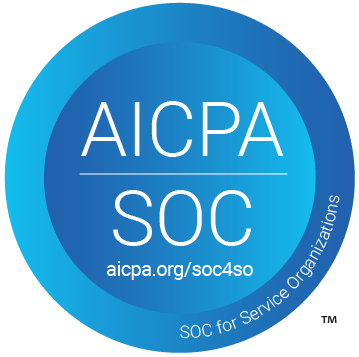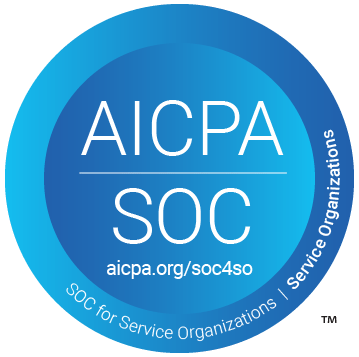Learn how to automate blog post generation from Notion using Pabbly Connect with OpenAI integration. Step-by-step tutorial included. Navigate the automation landscape confidently with clear, structured guidance suitable for professionals regardless of prior technical experience.
Watch Step By Step Video Tutorial Below
1. Access Pabbly Connect for Blog Post Automation
To begin generating blog posts using an AI agent from Notion, first, access Pabbly Connect. This powerful automation platform allows you to connect various applications seamlessly.
Open your web browser and navigate to Pabbly Connect by searching for ‘Pabbly.com/connect’. Once on the landing page, you’ll see options to sign in or sign up for free. If you’re a new user, click on the ‘Sign Up for Free’ button to explore the platform’s features, including a hundred free tasks each month.
2. Create a Workflow in Pabbly Connect
After signing in, you will be directed to the Pabbly dashboard. Click on the ‘Create Workflow’ button to begin setting up your automation for generating blog posts. Name your workflow something descriptive, such as ‘Generate Blog Post Using AI Agent from Notion’. using Pabbly Connect
Once you have named your workflow, you will enter the workflow window. In this window, you will set up your trigger and action. Triggers initiate the workflow, while actions are the tasks performed as a result. To start, select Notion as your trigger application.
3. Set Up Notion as the Trigger Application
For the trigger event in Pabbly Connect, select ‘New Database Item’. This event will monitor your Notion database for any new entries. Next, you will need to connect your Notion account to Pabbly Connect.
- Click on ‘Connect’ and then choose ‘Add New Connection’.
- Authorize Pabbly Connect by selecting the page you want to grant access to.
- Allow access to complete the connection process.
Once connected, select the appropriate database ID from your Notion account. After saving and sending a test request, Pabbly Connect will capture the latest data from your Notion database.
4. Integrate OpenAI to Generate Blog Content
With Notion set as the trigger, the next step is to add an action to generate the blog post using an AI agent. Search for ‘OpenAI’ in Pabbly Connect and select it as your action application.
Choose the action event ‘Chat GPT’ to utilize OpenAI’s capabilities. If you have not previously connected your OpenAI account, you will need to create a new connection by entering your API key from the OpenAI API keys page. After connecting, select the AI model, such as GPT-4, and set up your prompt for blog generation.
5. Add Generated Content to Google Docs
Now that your blog content is generated, the next step is to add it to Google Docs. In Pabbly Connect, select Google Docs as your action application and choose the action event ‘Create a Blank Document’.
- Connect your Google Docs account if you haven’t already done so.
- Map the document title to the blog title generated by OpenAI.
- Send a test request to confirm the document is created successfully.
After creating the document, add another action step to append the generated blog content into the document. Select ‘Append a Paragraph to a Document’ in Google Docs and map the content from the OpenAI response.
Conclusion
In this tutorial, we demonstrated how to automate the process of generating blog posts using an AI agent from Notion with the help of Pabbly Connect. By integrating Notion, OpenAI, and Google Docs, you can streamline your content creation workflow, saving time and effort.
Ensure you check out Pabbly Connect to create business automation workflows and reduce manual tasks. Pabbly Connect currently offer integration with 2,000+ applications.
- Check out Pabbly Connect – Automate your business workflows effortlessly!
- Sign Up Free – Start your journey with ease!
- 10,000+ Video Tutorials – Learn step by step!
- Join Pabbly Facebook Group – Connect with 21,000+ like minded people!






